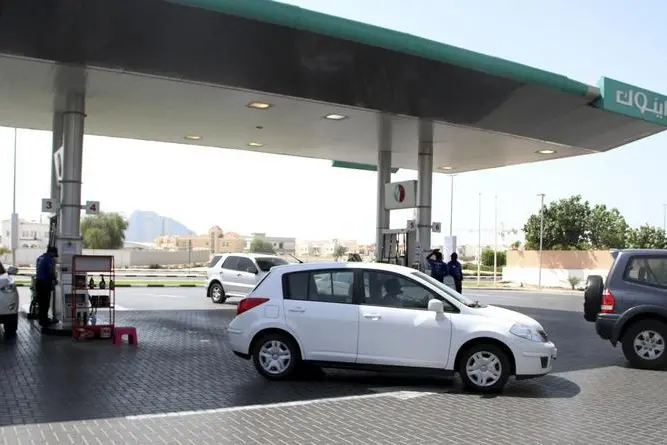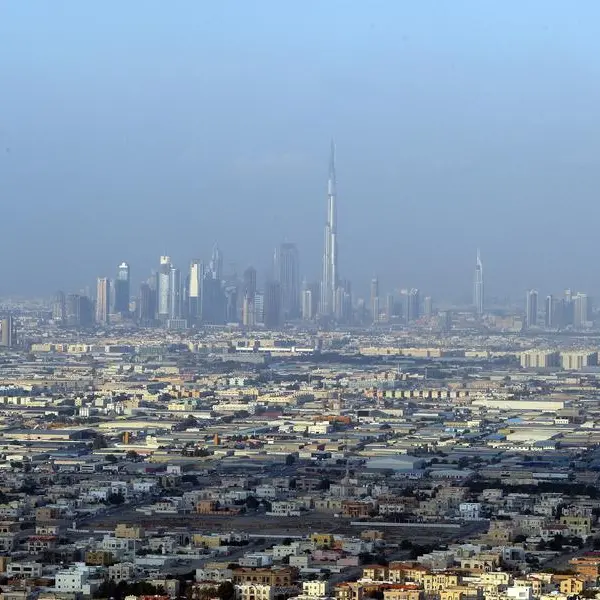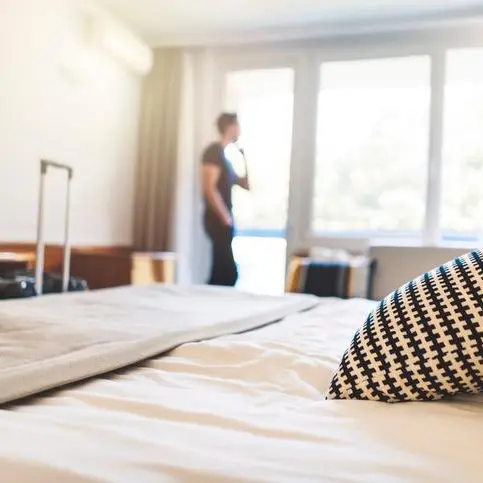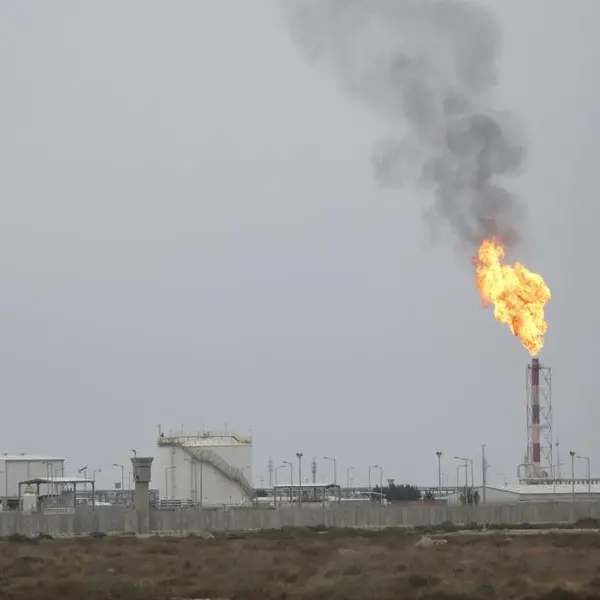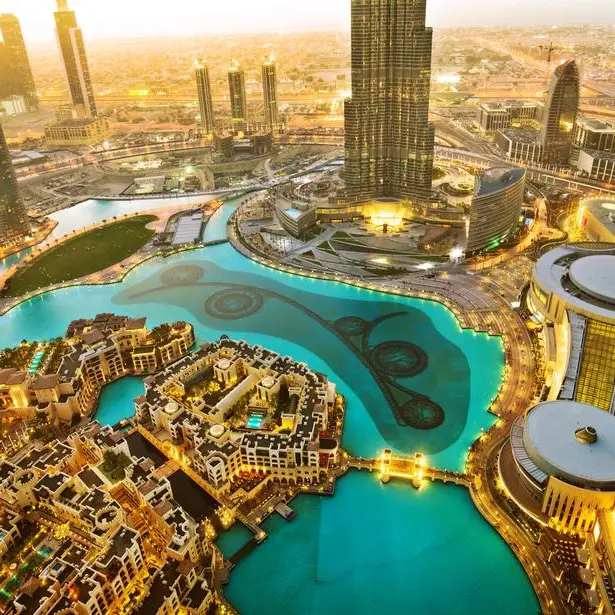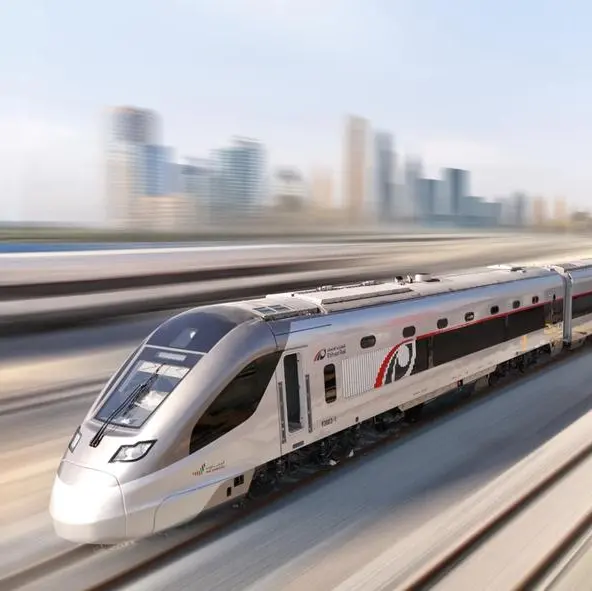PHOTO
GCC states have proposed value-added taxes of 3 to 5 percent starting 2018, the UAE economy minister said.
The United Arab Emirates' economy is expected to grow by around 3.5 percent in 2016 and the country is moving ahead with strategic projects despite the steep drop in crude oil prices, Economy Minister Sultan bin Saeed al-Mansouri told Zawya.
He said that the decline in oil prices, which have fallen around 70 percent since mid-2014, has had "limited" impact on the Gulf state's economy because while the country relies on oil exports for 30 percent of its revenue, the non-oil sector contributed nearly 70 percent to gross domestic product (GDP) by the end of 2015.
"Real GDP growth (in 2015) is estimated at 3 percent by the International Monetary Fund. That growth rate is more than good in the current global economic environment. Gross domestic product will reach around AED 1.58 trillion (USD 430.517 billion), compared with AED 1.47 trillion in 2014, and we expect continued growth in 2016 which could reach 3.5 percent or higher," Mansouri said in an email interview.
The International Monetary Fund has forecast real GDP growth of 3.0 percent for the UAE in 2015 and 3.1 percent in 2016, compared with 4.6 percent in 2014. It said lower oil prices are eroding fiscal and external surpluses, but that the UAE has continued to benefit from its perceived safe haven status and large fiscal and external buffers.
The UAE cabinet in October approved a balanced 2016 federal budget of AED 48.56 billion, down from AED 49.1 billion in the 2015 budget plan, according to the state news agency WAM. The federal budget accounts for around 14 percent of total fiscal spending in the UAE while the seven individual emirates provide the rest.
"I do not expect a deficit in the (federal) budget even if oil prices continue to fall and the biggest proof is that the country has seen 15 months of consecutive declines in oil prices to USD 30 a barrel, the lowest level seen in many years, and despite that the federal government approved a zero deficit budget for 2016," Mansouri said.
The minister said that the federal government and individual emirates were moving ahead with strategic projects that were announced in 2014 and 2015, including projects announced by Dubai in preparation to host World Expo 2020.
"Work on a large number of infrastructure projects continues such as the expansion of national airports at a total investment of AED 100 billion and on the federal rail project with investments reaching AED 40 billion, in addition to roads, transport, IT infrastructure, tourism and financial services projects," Mansouri said.
"Housing programs for UAE nationals and infrastructure projects...will not be affected by any developments in world oil markets because they are being carried out under pre-allocated budgets," he said.
TAXES
Several Gulf Arab states have announced cuts in government spending and started looking at reforming subsidy and tax systems to cope with widening budget deficits.
The UAE was the first country in the region to lift fuel subsidies, switching from a system of fixed domestic prices to adjusting prices monthly in response to global markets.
The economy minister said he expected inflation to remain at "acceptable levels" in 2016, citing an IMF forecast of 3%.
He said that Gulf Cooperation Council (GCC) states, which are looking to diversify state revenues away from oil exports, had agreed to introduce value-added taxes (VAT) in certain sectors at proposed rates of between 3 to 5 percent starting from 2018.
"I think that Gulf countries are prepared to absorb these taxes since they are at the minimum levels," Mansouri said.
"Even after the introduction of value-added taxes in 2018, the UAE will still be one of the most attractive countries in the world for foreign investment," he said, adding that the UAE aims to increase foreign direct investment to 5 percent of GDP by 2021.
The minister also said that the UAE is in the final stages of drafting a foreign investment law that would allow up to 100 percent foreign ownership of businesses in some sectors, and that he expected the law to be issued "soon".
"The new law will provide for foreign ownership of between 49 to 100 percent in some activities and sectors outside free zones as approved by the council of ministers," he said without giving further details.
Foreigners currently cannot own more than 49 percent of a UAE company unless it is incorporated in a free zone.
(Editing by Mohamed Abdulzaher)
© Zawya 2016
